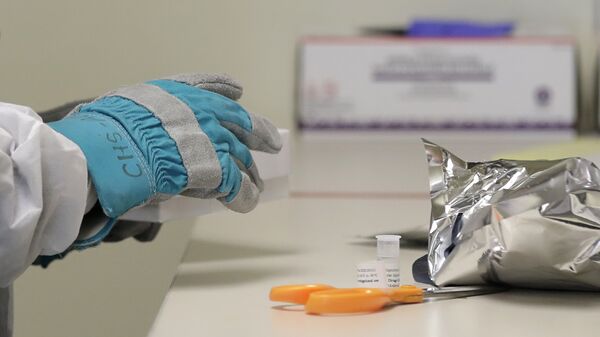According to a Monday report by the New York Times, researchers at the National Institute of Health Rocky Mountain Laboratory injected the six monkeys with the Oxford vaccine and then exposed them to large quantities of the virus, which had been shown to cause illness in other monkeys.
However, 28 days later, all six monkeys were healthy, according to Vincent Munster, the researcher who carried out the test.
“The rhesus macaque is pretty much the closest thing we have to humans,” Munster said this week, also noting that his team is planning to submit the study results to a peer-reviewed journal.
A Thursday news release by Oxford revealed that researchers have started testing the vaccine in human volunteers. Around 1,100 people are currently part of the trial.
Chinese company SinoVac has also started a clinical trial with 144 people after finding that its vaccine helped treat rhesus macaques infected with the coronavirus.
The World Health Organization revealed last Thursday that there are a total of six COVID-19 vaccines that have entered human trials, and 77 others are still in various stages of development.
In recent weeks, researchers in New York have also been investigating whether famotidine, a common, over-the-counter drug which is used to treat ulcers, heartburn and gastroesophageal reflux disease and is the active ingredient in Pepcid, may help in the treatment of COVID-19.

